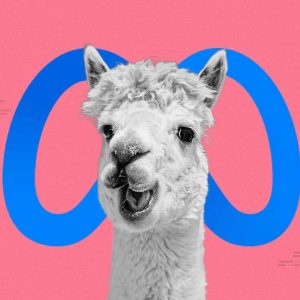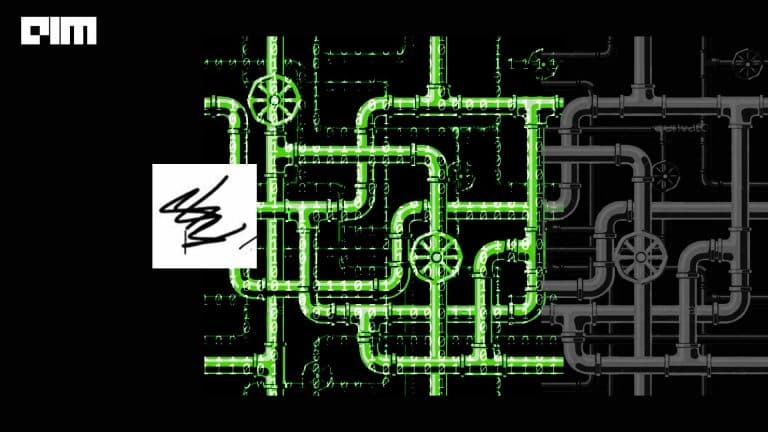TensorFlow Certification is a testament to developers’ expertise in machine learning. The certification programme essentially consists of an assessment examination developed by the TensorFlow team. On passing the exam, developers can join the TensorFlow Certificate Network.
Becoming an expert in TensorFlow is no easy feat. The candidates will learn to build models via Computer Vision, Convolutional Neural Networks(CNNs), and Natural Language Processing(NLP). Certification is ideal for developers who wish to build applications that use Machine Learning techniques.
We have curated a list of courses and study sources to help you learn the concepts of TensorFlow.
Introduction to Deep Learning: MIT
MIT’s course, as the name suggests, is an introductory course taught by PhD researchers. The course consists of videos and review papers, same as those delivered to MIT students, and takes around 24-hours for a learner to complete.
The prerequisite for taking the course includes knowledge of calculus(differentiation and integration), linear algebra(matrices), and probability (Baye’s theorem). Working knowledge of Python is desirable but not compulsory.
The course focuses on applying deep learning to Natural language processing, computer vision, and more. The course teaches the basics of deep learning algorithms and provides practical experience and training to develop neural networks in TensorFlow.
For more information, click here.
Intro to Machine Learning by Tensorflow: Udacity
The three-month Udacity course is taught in collaboration with Kaggle and Amazon Web Services. Learners willing to take the course should have 40 hours of experience in programming structures and good familiarity with data structures like dictionaries and lists. Understanding libraries like NumPy and Pandas is desirable, along with basic knowledge of probability and statistics. Foundational knowledge of neural network design and training in TensorFlow is a prerequisite.
After completing the course, learners will have hands-on experience with deep learning models like state-of-the-art image classifiers. Moreover, it will enable learners to apply TensorFlow models with advanced techniques and algorithms to work with large datasets.
For more information, click here.
Introduction to TensorFlow for AI, ML & Deep Learning: Coursera
Delivered by Google’s legal AI advocate Laurence Moroney, this 30-hours course is designed for people with no prior knowledge of TensorFlow. It, however, requires learners to have a basic understanding of Python and high-school mathematics. While some knowledge of Machine Learning models is helpful, it is not a prerequisite.
After completing the course, learners will be able to use TensorFlow principles to build and apply scalable models for addressing real-world problems. The course also teaches one to build primary neural networks on TensorFlow and train them for Computer Vision applications.
For more information, click here.
Convolutional Neural Network in TensorFlow: Coursera
Once a learner completes the ‘Introduction to TensorFlow for AI, ML & Deep Learning’ course in Coursera, they can opt for the ‘Convolutional Neural Network in TensorFlow’ course. Laurence Moroney again teaches the 26-hour training programme.
The prerequisite for the training includes basic knowledge of Artificial Intelligence, Machine Learning, developing neural networks, and coding in Python.
After completing this course, learners will understand the tools required to build an Artificial Intelligence-powered algorithm and understand the best practices for using TensorFlow. The programme also teaches advanced techniques needed to improve computer vision models and handle real-world image data. It helps in the exploration of strategies to prevent overfitting, including augmentation & dropout.
For more information, click here.
Natural Language Processing in TensorFlow: Coursera
If one wants to go step-by-step, this Coursera course is the third step to master TensorFlow. It’s a 14-hour long training session by Laurence Moroney. The prerequisites for this course include a working knowledge of Artificial Intelligence, Machine Learning, and Deep Learning. In addition, learners must know how to develop neural networks and know Convolutional Neural Network on the TensorFlow platform.
The course will enable learners to build NLP models using TensorFlow and help processing text, including tokenization and representing sentences as vectors. In addition, it trains LSTM on existing text to create original poetry.
For more information, click here.
Sequences, Time-series, and Prediction: Coursera
The fourth and final step of Courser’s TensorFlow training is a 13-hour long programme. Learners must know about NLP, Neural Networks, TensorFlow, mathematics, Artificial Intelligent, and Machine Learning. Additionally, the learner must be able to build neural networks and use computer vision on the platform.
Upon completing this course, learners will know how to implement best practices to prepare time series data. It will allow learners to explore how RNN’s and ID ConvNets can be used for Prediction. Finally, learners will also be able to build a sunspot prediction model using real-world data. The course will ensure proficiency in Forecasting, Machine Learning, TensorFlow, Time series, and Prediction.
For more information, click here.
Kaggle competitions
It is a great library and competition space to track one’s progress, test their knowledge, and see if their model is good enough to get them a place on the leaderboard. The platform has many courses on Natural Language Processing, Neural Networks, and Computer vision. After completing the course, the learner also receives a certificate.
The platform offers machine learning models also allowing one to earn hundreds of thousands of dollars and are a great way to track their progress. The Kaggle also has a very active community allowing discussion around TensorFlow and its applications.
For more information, click here.
Coding TensorFlow: YouTube
A series of 42 videos, each ranging between four to eight minutes, is taught by different instructors and uploaded by the TensorFlow platform. To understand the videos, the learner must have basic knowledge of Artificial intelligence, Machine learning, Neural networks, and high school mathematics.
The videos explore the significant dimensions of Computer vision, Natural Language Processing, and Neural Networks. It helps solve problems by training Machine Learning models and allowing learners to build these models on the TensorFlow platform.
For more information, click here.

























